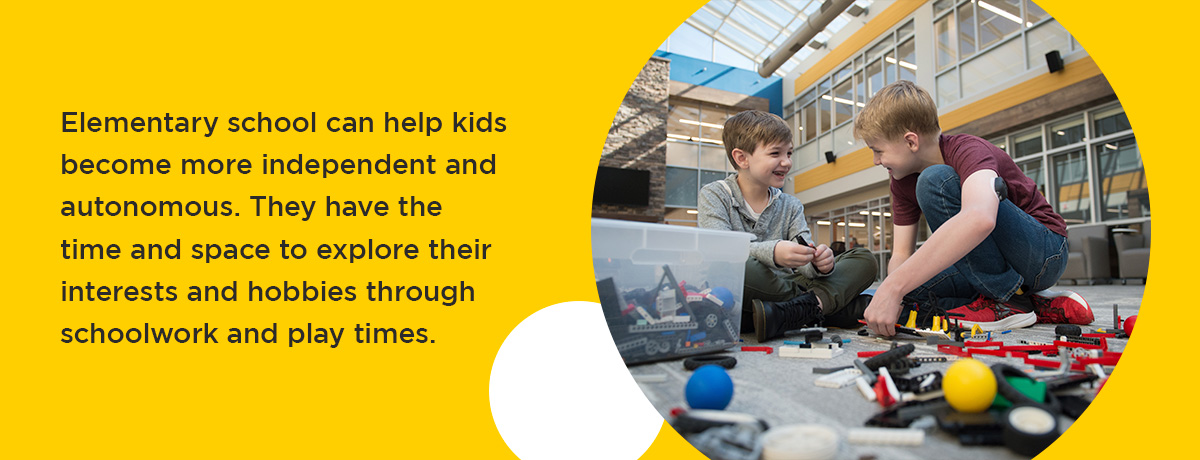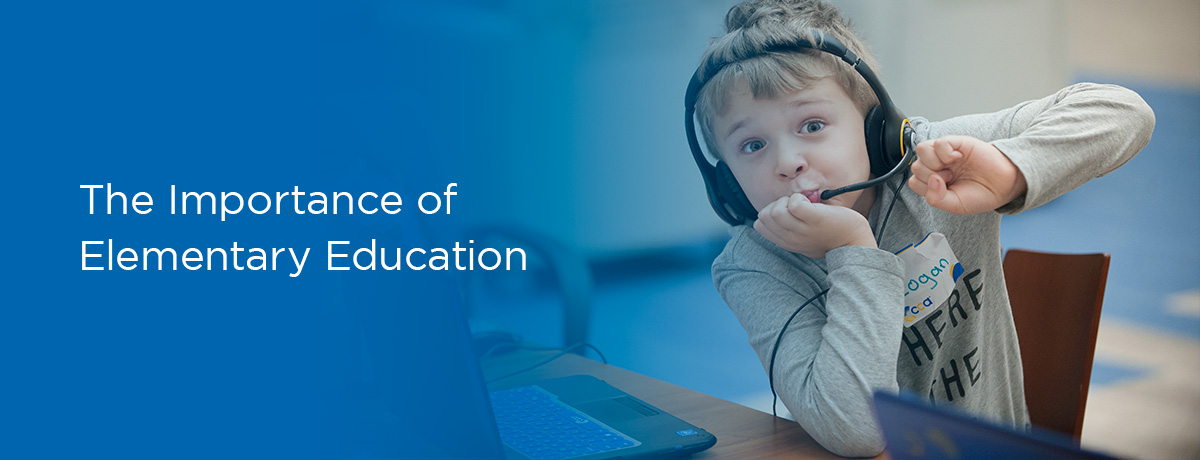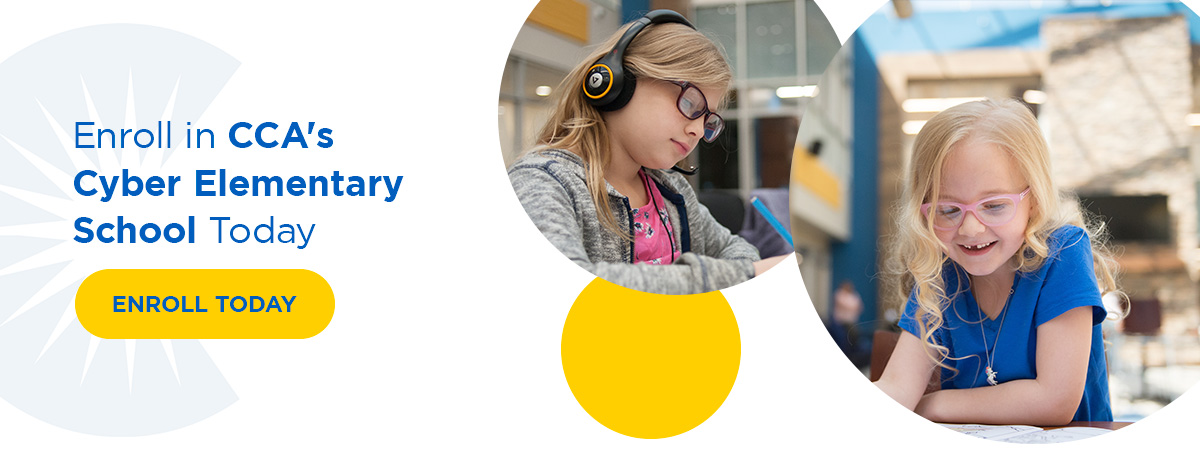In Pennsylvania, elementary school runs from kindergarten through sixth grade to lay a strong foundation for your child’s future. Elementary school is essential in every child’s education, teaching them vital skills and information they need to succeed in secondary education and beyond.
Understanding the purpose of elementary education can help families and students become more invested in these early school years and strive to find the best educational solution for each child.
Why Is Elementary Education Important?
Elementary school education provides the essential building blocks of knowledge and skills that children need throughout the rest of their educational and professional careers. Elementary school includes diverse subject matters and extensive topic coverage, giving students a comprehensive education.
1. Teaching Life Skills and Academic Foundations
Why does elementary school matter so much? Elementary school education is responsible for providing students with the essential skills they’ll need to become functional adults in society. Each year in elementary school, students will build on this academic knowledge to prepare for more advanced topics and real-world applications.
Some essential skills that highlight the importance of elementary education include the following:
- Reading: Starting in kindergarten, students learn the foundations of language with the alphabet and basic sounds. Regardless of where life takes them, students will use reading skills daily, from following directions on the road to reading labels in the supermarket. Books, magazines, newspapers, and journals can help students expand their worldview, making them more aware of their place in the world. At the elementary level, teachers help students learn the basics of reading comprehension and vocabulary, so they thrive in higher education and the workforce.
- Writing: As a counterpart to reading, students will hone their language skills by learning to write. Writing is essential to communicating, from writing letters and notes to emails and essays. Elementary schools use these years with students to develop their vocabulary and understanding of grammar and syntax, so they can effectively communicate their thoughts on paper.
- Math: In elementary school, students spend their math classes learning to count, identify shapes, add, subtract, multiply, divide, and use fractions and percentages. Elementary school gives students enough time to get comfortable with the basics before advancing to the next topic. With practice each year and materials that build on themselves, students can feel more prepared for more complicated topics, like algebra and geometry.
Elementary school helps kids learn essential concepts in a safe environment where everyone has the same knowledge as them. They can ask questions and practice critical thinking to expand their understanding and comprehension of concepts and materials. When students leave elementary school, they should have the skills and knowledge they need to do well at the secondary school level.
2. Building Interpersonal Skills
Elementary school matters because it gives students the knowledge they need to do well, but it also helps develop their social and communication skills. Elementary school is the ideal setting because students are surrounded by their peers who are also learning to communicate and socialize. Teachers overseeing student interactions can facilitate when necessary or give gentle reminders on how to execute skills. Some communication and social skills students gain in elementary school include:
- Sharing ideas and items
- Holding conversations
- Adding to discussions
- Communicating needs
- Negotiating
- Listening
- Working together
- Following directions and rules
Like knowledge, these are skills students can apply outside of school. They are harder to teach as people age, becoming more intrinsic. Employers often look for and highly value strong communication and interpersonal skills in job candidates. Learning how to communicate and socialize early can establish healthy and effective habits for more successful adults.
3. Establishing Independence and Responsibility

Parents can understand how important elementary school is by looking at the various skills their children can gain from their classes and lessons. Their diverse subject materials and activity types aim to teach them independence and responsibility because elementary school is often the first time students have to do things themselves.
To teach responsibility, teachers give students independent and group assignments and schoolwork. Students are responsible for finishing their work on time or reaching out for help. In a safe learning environment, failure often results in another chance and a learning opportunity. They must learn how to manage their time and identify what needs require outside help and what they can do themselves.
Some classes even aim to help teach responsibility. Health classes help students learn how to care for themselves through proper diet and habits. As they get older and have more agency, gaining this knowledge in elementary school can help lead them to a healthy lifestyle when they can make more decisions themselves.
Elementary school can also help kids become more independent and autonomous. They have the time and space to explore their interests and hobbies through schoolwork and play times. They can choose their friends and how they like to engage with others, developing their personalities and defining what makes them unique.
4. Understanding Their Place in the World
How much does elementary school matter? It is essential for helping students understand how they fit into the world around them. When students enter kindergarten, they have a very small worldview limited to their family and possibly their preschool. They are still young and have a lot to learn about the world.
Elementary school offers a broad education that covers several subjects and topics, so students can move on to the next school level more knowledgeable and ready to delve deeper into topics. History and geography introduce students to the world and its dynamics. Social studies aim to prepare students to form ideals and become informed citizens.
Science classes help answer the “why” questions children often have, so they can understand how the environment around them works. They will learn about the seasons, planets, gravity, animals, the water cycle, and more. Science encourages students to keep questioning and use their curiosity to explore and understand their surroundings.
Elementary School Program at Commonwealth Charter Academy
Commonwealth Charter Academy is a public cyber school for K-12 students. Students receive a comprehensive elementary school education from certified teachers that meets state curriculum requirements and sets them up for success in higher education or the workforce.
Elementary students do well in an online environment with engaging digital content and teachers who work alongside parents to help students succeed. Students can join synchronously or asynchronously, allowing students to practice more self-awareness and independence surrounding ideal learning environments and conditions. We also have Family Service Centers throughout the state for families who want extra assistance adjusting or handling aspects of online learning.
Because socialization is so important in elementary school, CCA offers frequent socialization opportunities. Students and families can participate in educational activities and clubs, allowing students to make friends, practice their social skills, and discover their interests with kids their age.
Enroll in CCA’s Cyber Elementary School Today
The online learning environment suits many kids, including elementary students. With flexible learning times and comprehensive assistance, students and families can tailor their learning experience to their needs and focus on gaining the essential skills and knowledge they’ll need to succeed.
Enroll in CCA today and discover how our charter school can benefit your elementary schooler. To learn more information about our school and elementary school offerings, contact CCA.




